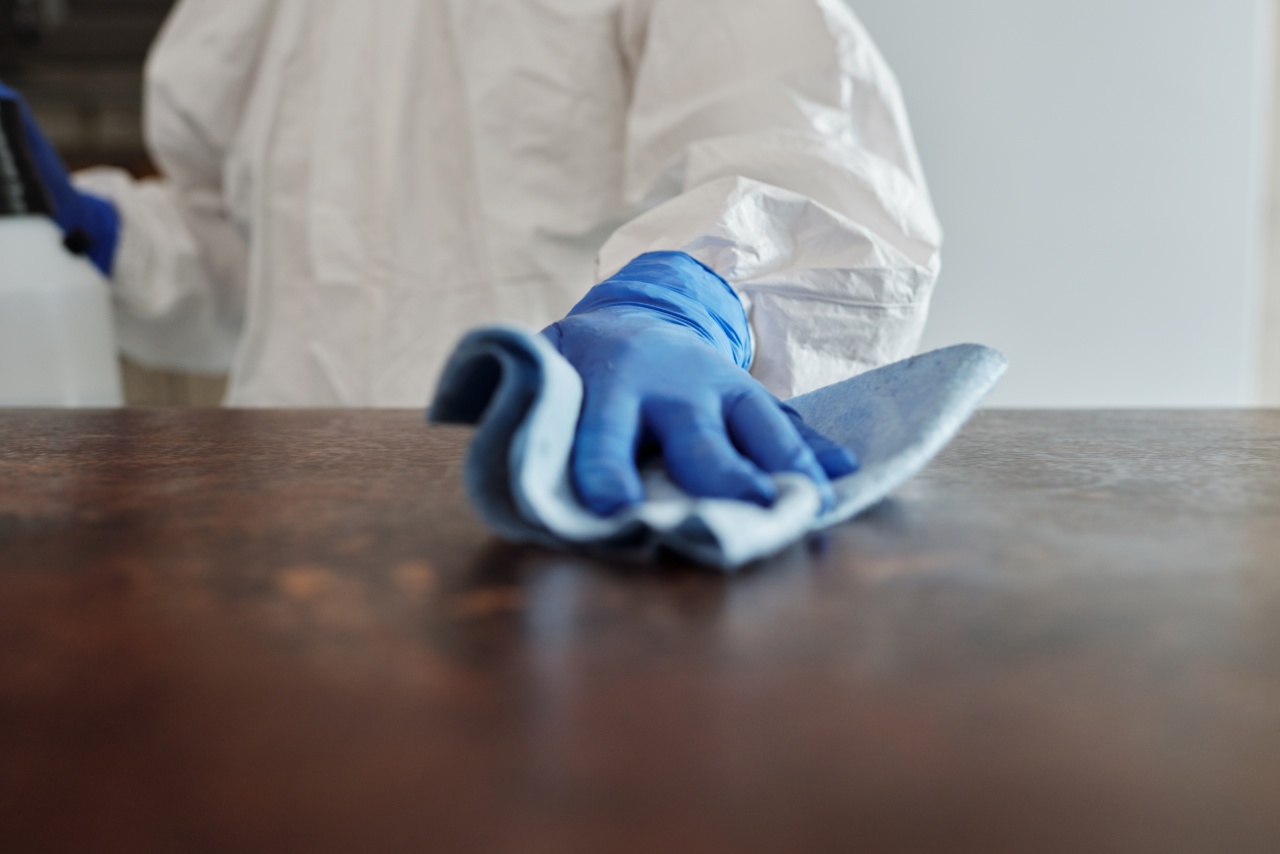Urinary tract infections (UTIs) are a common problem among women, but they can affect anyone. They occur when bacteria enter the urinary tract, usually through the urethra and begin to multiply in the bladder.
This can cause pain and discomfort, and if left untreated, it can lead to more serious complications.
Fortunately, there are several steps you can take to reduce your risk of developing a UTI.
1. Stay hydrated
Drinking plenty of water can help flush bacteria out of the urinary tract. Aim for at least eight glasses of water a day, and avoid drinks that can irritate the bladder, such as coffee and alcohol.
2. Practice good hygiene
Keeping the genital area clean can help prevent UTIs. Wipe from front to back after using the bathroom to avoid spreading bacteria from the rectum to the urethra.
Avoid using scented products, such as soaps or sprays, in the genital area, as they can irritate the urethra and lead to infection.
3. Empty your bladder frequently
Don’t hold your urine for long periods of time, as this can increase your risk of developing a UTI.
Try to empty your bladder at least every few hours, and don’t rush when you’re going to the bathroom, as this can also increase your risk of infection.
4. Use barrier protection during sex
Sexual activity can increase your risk of developing a UTI, especially if you have multiple partners or don’t practice safe sex. Using a barrier method of protection, such as condoms, can help prevent the spread of bacteria.
5. Avoid irritating products
Avoid using irritating feminine products, such as douches, powders, and sprays. These products can upset the natural pH balance of the vagina and lead to infection. Stick to gentle, unscented products to keep the genital area clean.
6. Take probiotics
Probiotics are beneficial bacteria that can help maintain the natural balance of bacteria in the body.
Taking a probiotic supplement or eating probiotic-rich foods, such as yogurt or kefir, may help prevent UTIs by supporting the growth of healthy bacteria in the urinary tract.
7. Wash your hands
Keeping your hands clean is an important way to prevent the spread of bacteria that can cause UTIs. Wash your hands thoroughly with soap and water before and after using the bathroom, handling food, or touching surfaces that may be contaminated.
8. Manage underlying conditions
People with certain underlying conditions, such as diabetes or kidney stones, may be at increased risk of developing UTIs. Managing these conditions can help reduce your risk of infection.
9. Get vaccinated
Women who are at increased risk of UTIs may benefit from the HPV vaccine, which can help prevent certain types of HPV that can cause genital warts and other infections. Talk to your healthcare provider to see if the vaccine is right for you.
10. Take antibiotics as prescribed
If you have been diagnosed with a UTI, it’s important to take antibiotics as prescribed by your healthcare provider. Follow the instructions carefully, and make sure to finish the entire course of medication, even if your symptoms improve.





























